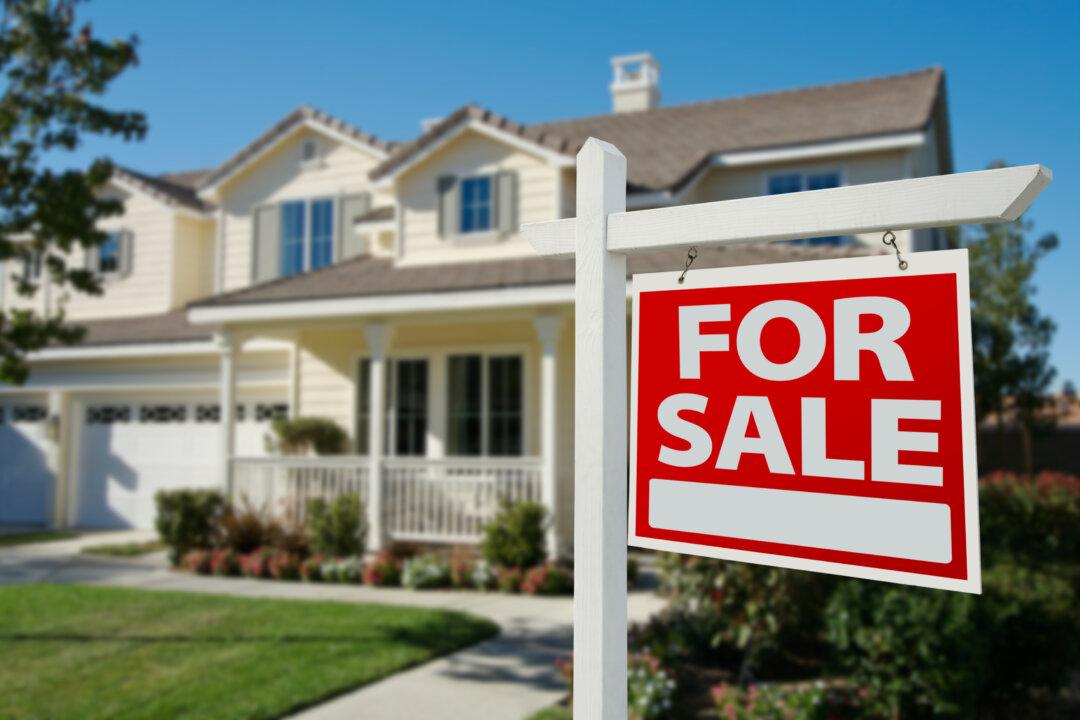Dear Monty: Our home just went up for sale 10 days ago. We have had two showings. We just received an offer for our asking price, which is acceptable. We are hesitating because the buyer has a home to sell. We asked our agent about the buyer’s home, but the offer came from another company. Our agent had no information about the house. What is your opinion on the best way to proceed?
Monty’s Answer: My experience has been that a buyer with a “selling current home” contingency has failed more often than other contingencies. Further, a primary cause is a buyer who justifies the purchase of the new home with an unrealistic expectation of their old home’s value. One could interpret the buyer’s actions like this: “Yes, I will pay $350k for your home if I can get $240k for my $200k house.”





